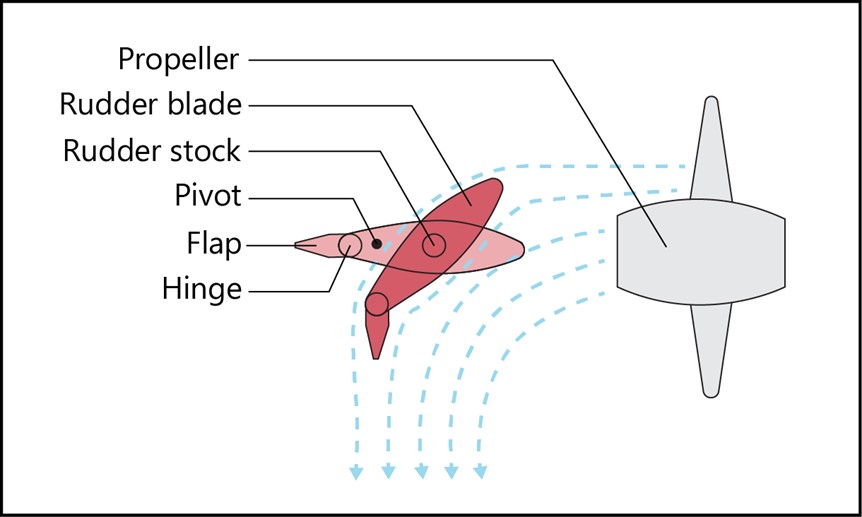March 07, 2023
Regional Director, Programs-Atlantic
Transport Canada
Moncton, NB E1C 5H7
Chairman and Chief Executive Officer
Atlantic Ferries Holdings Limited
Halifax, NS B3J 3T2
Subject :
Marine Transportation Safety Advisory Letter 02/23 (occurrence M22A0312)
Examination of aft rudder flap assembly on the ferry Confederation
On 4 September 2022, the passenger and vehicle ferry Confederation, with 217 passengers and 26 crew on board, grounded shortly after leaving Caribou, Nova Scotia. The vessel was refloated with the assistance of the Canadian Coast Guard vessel Cape Spry and control of the steering system returned. The vessel returned to Caribou, where the passengers and vehicles disembarked. The vessel sustained minimal damage from the grounding. The vessel was visited by the Classification Society and Transport Canada Marine Safety and Security and was cleared to return to service. The vessel returned to service until late December 2022, when service was discontinued for the winter. The Transportation Safety Board of Canada investigation into this occurrence (M22A0312) is ongoing.
The grounding occurred shortly after the vessel had left the dock and entered the channel exiting Caribou. The Confederation is a double-ended vessel and is fitted with a Becker rudder at each end. At the time of the occurrence, the forward rudder was in the locked midship position, and the vessel was being steered with the aft rudder. The investigation has determined that the rudder blade for the aft rudder was positioned to steer hard to port. However, the vessel continued to sheer to starboard.
A Becker rudder is an articulated rudder type with a trailing edge flap that is operated by mechanical means to increase the lift force of the rudder acting in the prop wash of the vessel. The flap is an integral portion of the rudder system, and its relative position to the rudder blade is crucial to the rudder producing the desired lift force. Despite this, there is often no means to remotely verify the relative position of the flap to the rudder blade, or if the mechanical means is functioning as designed. Physical inspection and verification of the rudder system components are often incorporated as part of a vessel’s preventative maintenance cycle and conducted during the docking of a vessel.
The investigation has determined that at the time of the occurrence the steering controls, steering gear, and rudder blade were functioning as designed. The investigation has not been able to determine the angle of the rudder flap relative to the rudder blade, or if it was functioning as designed.
Sporadic problems with safety-critical systems such as a vessel’s steering system are often difficult to detect and manage. Following an occurrence related to steering difficulty, it is important that thorough and detailed inspections of all components of a steering system, in particular during times of maintenance, should be carried out to understand the cause of the failure and to prevent reoccurrence.
The foregoing is provided for whatever follow-up action is deemed appropriate.
The TSB would appreciate being advised of any action that is taken in this regard. An investigator may follow up with you at a later date. Upon completion of this investigation (M22A0312) the Board will release its report into the occurrence.
Yours sincerely,
Original letter signed by
Clifford Harvey
Director, Investigations - Marine
CC.
- Regional Director, Marine Safety & Security, Transport Canada
- Senior Surveyor in Charge, Halifax Port Office, Lloyd’s Register
- VP, Marine Operations and General Manager, Northumberland Ferries
